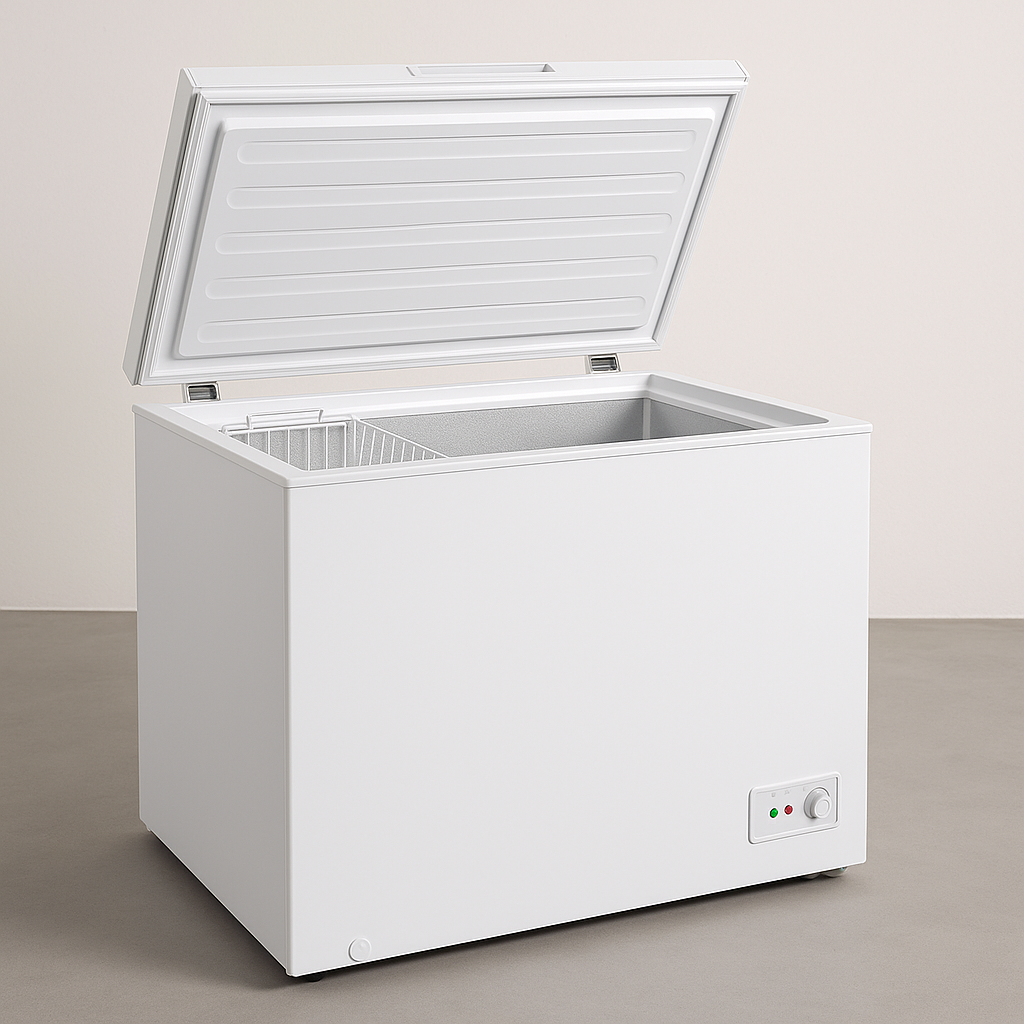The Ultimate Guide to Small Freezers: Maximizing Space and Keeping Food Fresh
When it pertains to modern living, space often comes at a premium. For Weiße Ware Günstig Kaufen residing in houses or homes with minimal cooking area area, a small freezer can be a game-changer. This handy appliance offers convenience and the ability to conserve cash by purchasing wholesale, while making sure that your preferred foods stay fresh longer. In this extensive guide, we will check out the advantages of small freezers, what to try to find when buying one, and suggestions for optimizing your storage capabilities.
Benefits of Small Freezers
Small freezers featured a host of benefits. Below are some of the main advantages:
| Benefit | Description |
|---|---|
| Space-Saving | Small freezers can easily fit into tight spaces, such as under counter tops or in closets. These compact units are perfect for small kitchens. |
| Cost | Typically, smaller freezers are more economical than their bigger counterparts, both in regards to purchase price and energy usage. |
| Food Preservation | They provide an excellent way to preserve food, permitting you to store leftovers, bulk purchases, or seasonal vegetables and fruits for later use. |
| Reducing Food Waste | By freezing excess food, individuals can minimize spoilage and waste. Freezers extend the life of items that might otherwise go uneaten. |
| Quick Access | Having a small freezer permits you to organize and gain access to frozen products quickly, which can save time during meal preparation. |
Choosing the Right Small Freezer
When considering the purchase of a small freezer, a number of factors should be considered. The following table supplies insights into these aspects:
| Feature | Factor to consider |
|---|---|
| Capability | Assess just how much storage you need. Options normally vary from 3 to 8 cubic feet. |
| Type | Choose in between chest freezers, upright freezers, or drawer-style models based on your requirements. |
| Energy Efficiency | Search for models with an Energy Star rating, which can conserve you cash on electrical costs in the long run. |
| Temperature Control | A trusted temperature level control mechanism ensures food stays frozen at safe levels (-0 ° F or lower). |
| Sound Level | Consider the sound level; some designs run more quietly than others. |
| Mobility | If mobility is important, think about designs with wheels or lighter building and construction for easy maneuvering. |
Kinds Of Small Freezers
- Upright Freezers: Tall and slender, these models resemble a basic refrigerator and often included shelves, making company easy.
- Chest Freezers: These are wide and low, using adequate storage area and frequently featuring an energy-efficient design.
- Drawer Freezers: These increase accessibility as they allow moving drawers, making it easier to keep products without digging through.
Tips for Organizing Your Small Freezer
Preserving an arranged freezer can enhance efficiency and make meal preparation easier. Here are some reliable strategies:
- Label and Date: Always label containers and bags with contents and freeze dates to track what is available and how long it has actually been frozen.
- Use Clear Containers: Opt for clear storage bins to quickly see what you have available, assisting to avoid the purchase of replicate items.
- FIFO Method: Follow the First-In, First-Out (FIFO) method by putting recently frozen products behind older ones to guarantee you utilize older foods first.
- Categorize: Group similar items together, such as meats, fruits, vegetables, and prepared meals. This makes finding what you require quicker and simpler.
- Vacuum Seal: Use a vacuum sealer for long-lasting storage to safeguard against freezer burn and preserve taste and texture.
FAQs About Small Freezers
1. How much electrical power does a small freezer usage?
- The energy intake varies by design and use frequency, however typically, a small freezer can use between 200 to 500 kWh every year. Choosing an Energy Star-rated model can significantly lower this number.
2. What should I save in my small freezer?
- Perfect items to keep include meats, fruits, veggies, leftovers, bread, and ready meals. Avoid saving items that need to remain refrigerated, like dairy items.
3. For how long can food be stored in a freezer without losing quality?
- Different foods have varying freezer life spans. Here's a general guide:
- Meat: 6 to 12 months (beef lasts longer than poultry)
- Vegetables: 8 to 12 months
- Fruits: 3 to 12 months
- Leftovers: 2 to 6 months
4. How can I avoid freezer burn?
- Freezer burn takes place when air comes into contact with food. To avoid it, make sure food is stored in airtight containers or vacuum-sealed bags. Keep the freezer at a continuous temperature level of 0 ° F or lower.
5. Can I put a small freezer in the garage or basement?
- Yes, however make sure the area is temperature-regulated. Extreme temperature levels can make the freezer work harder and reduce efficiency.
A small freezer is an indispensable addition to any home, particularly for individuals or households looking for effective food storage services. By understanding the benefits, picking the right design, arranging efficiently, and using it wisely, house owners can enjoy long-lasting food preservation and benefit. Whether you're meal prepping or maintaining seasonal fruit and vegetables, small freezers make it possible to lessen waste and take full advantage of resources-- all while fitting perfectly into your offered area.

